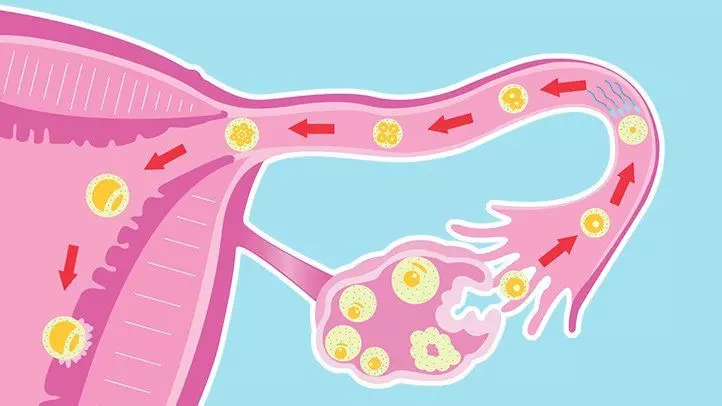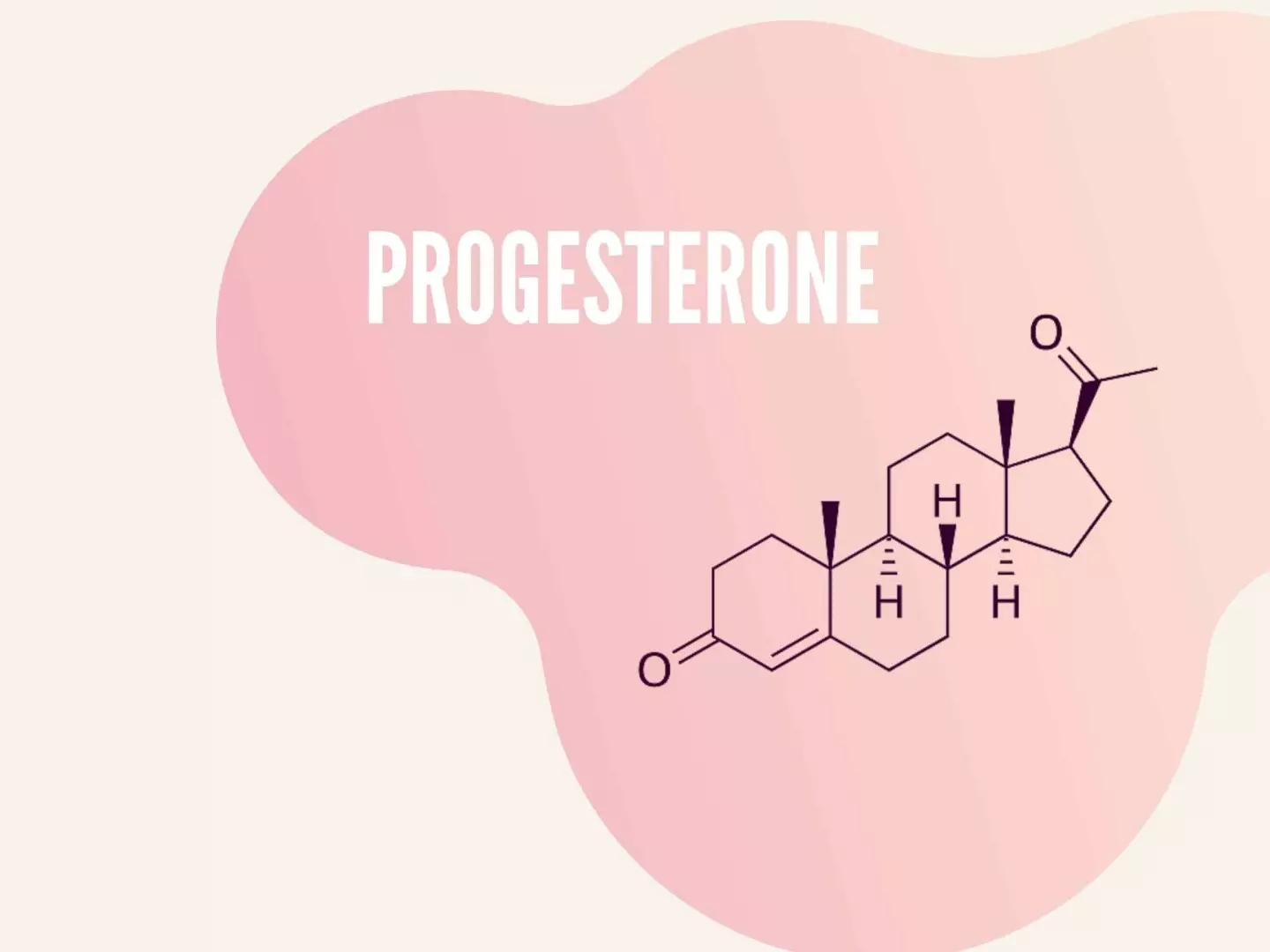Comments
- No comments found

Understanding the body’s need for progesterone and how it affects different stages of life will help you to better recognize the symptoms of low progesterone and how you can naturally boost your levels.
Knowing the role of progesterone during different stages of life will help you choose the best type of birth control for your needs. Hormones are small molecules produced by glands that travel through the bloodstream to organs where receptors are located. The uterus and other reproductive organs are affected by progesterone, as are the brain, blood vessels, and bones.

Many individuals do not realize that inflammation is one of the major causes of low progesterone in a young woman. Progesterone is an essential hormone that is necessary to thicken the endometrial lining. The body requires 12% of its daily requirement to be fertile and bear children. Women with low levels of this hormone may have trouble conceiving. These hormones may also be a low progesterone signs of an underlying problem.
This study evaluated the role of inflammation as a determinant of immune dysregulation and regulation and the role of progesterone in human disease. The authors examined the relationship between progesterone and cell-mediated immunity in COVID-19 and found that vitamin D levels were associated with COVID-19 mortality. They also noted that vitamin D levels were associated with the levels of progesterone in COVID-19 patients.
While there is no one cause of low progesterone in young women, autoimmune disorders affect a higher percentage of females than males. Normally, a healthy immune system protects the body against foreign substances that could be harmful. But in autoimmune diseases, the immune system starts attacking healthy tissues, mistakenly believing them to be diseased. These conditions affect over two-thirds of Americans, and they are among the leading causes of disability and death.
Researchers from UCLA found that the KDm6a gene is more prevalent in female cells than in male cells. They also observed similar evidence in female mice, where eliminating this gene helped to alleviate their symptoms and reduce inflammation in the spinal cord. Because of this, they concluded that suppressing this gene might be beneficial for the treatment of patients with autoimmune disorders. In addition, the treatment for this condition should be tailored to the specific needs of the patient.
Researchers have suspected that low progesterone levels in young women are associated with certain cancers, such as breast and ovarian cancers. However, this theory has not been confirmed in human studies. One study published in the American Journal of Public Health evaluated a population of postmenopausal women and four incidents of breast cancer in a cohort of 886 women. The authors determined that progesterone concentrations were 4.6 to 1.7 ng/dL, which is within the normal range for women.
Those taking progesterone for any purpose should consult with their doctor if they experience any symptoms. For women taking birth control pills or taking hormone replacement therapy, low progesterone may be a risk factor for endometrial cancer. Women who experience frequent vaginal bleeding may be at higher risk of developing endometrial cancer. Infertility is another risk factor for these women.
While progesterone isn’t directly responsible for infertility, it can play a role. Low levels of this hormone can result in problems like acne, brittle nails, and dry, cracked skin. If you think you may have low levels of progesterone, it is time to see your doctor. Your symptoms may be an early sign of a serious medical condition.
If you have experienced irregular periods, you may have low progesterone levels. Your doctor may recommend a test to determine your hormone levels. He or she may refer you to a specialist in hormone replacement. Most women should consult a fertility specialist about their low levels after trying for 12 months. However, women over 35 may wish to consult a doctor sooner than later. A blood test can determine whether you have low levels of progesterone and further tests may be necessary.

Low levels of progesterone can affect the health and menstrual cycle of young women. Symptoms of low progesterone can range from infertility to acne and brittle nails. The best way to find out the exact cause of low progesterone is to visit your doctor. He or she can prescribe the right treatment for your particular condition. The menstrual cycle offers you unique insights into your body.
In a woman who is in her reproductive years, progesterone regulates the menstrual cycle and supports the thyroid. Women with low levels of this hormone may also experience irregular periods and premenstrual spotting. Other symptoms of low progesterone include depression, weight gain, and anxiety. In addition, breast tenderness can be a sign of low progesterone levels.
Leave your comments
Post comment as a guest